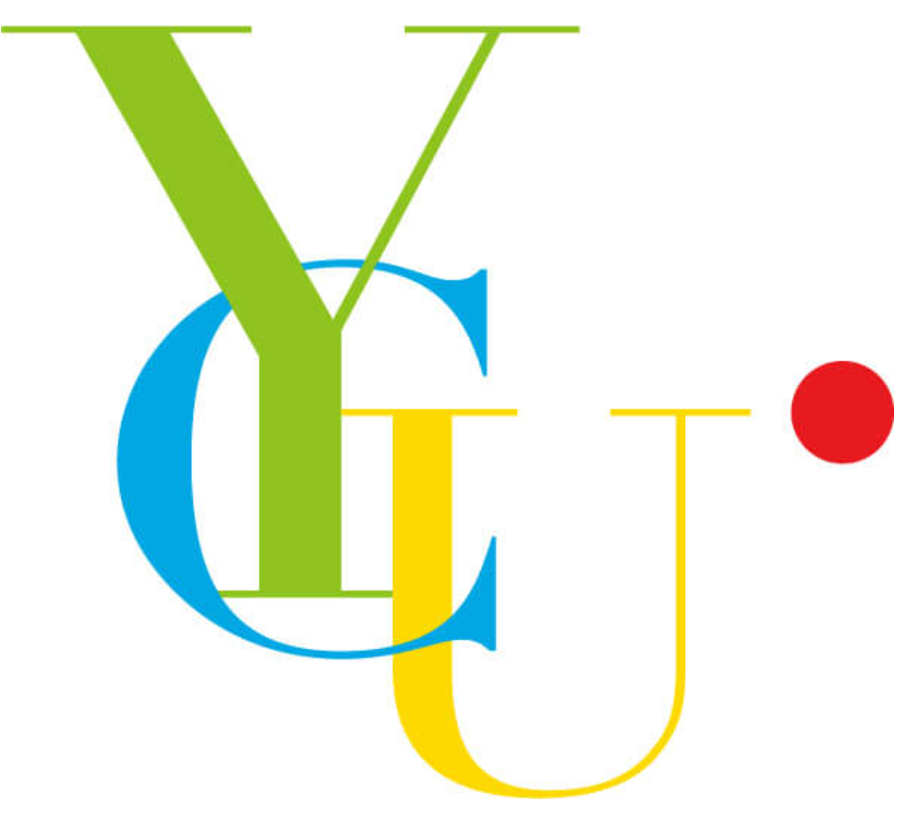Founded in 1949, Yokohama City University’s history can be traced back to the Yokohama School of Commerce set up in 1882.
Yokohama City University offers courses in economics and business administration, global urban and regional studies, liberal arts and international studies, sciences, medicine, nursing. Its graduate schools also teach urban social and cultural studies, international management, nano-bioscience, medical life science and medicine.
The university premises are spread across four campuses. Kanazawa-Hakkei Campus in Kanazawa-ku, Yokohama - a port city of 200,000 inhabitants - is known for its gingko trees, which also feature on the university’s symbol.
The medical school is situated on the Fukuura Campus in the same city port. There are also beaches in Kanazawa-ku.
The hospital and Advanced Medical Research Centre with which it collaborates are located on the same campus. The Maioka Campus in Totsuka-ku, Yokohama, hosts the Kihara Institute for Biological Research. And finally, the Tsurumi Campus in Tsurumi-ku, Yokohama, is dedicated to graduate schools.
Alongside its medical research especially concentrating on cancer prevention, diagnosis and treatment, YCU incorporates the Kihara Institute for Biological Research. The university also hosts the Global Cooperation Institute for Sustainable Cities, researching Asian urban problems, and the Centre for Community, which focuses on how to make Yokohama more sustainable.
The student body is largely dominated by undergraduate students. The university boasts 100 societies and clubs led by students covering sports such as judo, karate, basketball, swimming, badminton, Japanese archery and others, and arts such as blues, cinema, Manga, drama, juggling, orchestra, philosophy and photography.
The university’s noteworthy alumni include Yoichi Nishimaru, physician and author of Afternoon in the Forensic Medicine Classroom; Yoshiharu Sekino, surgeon and explorer; Masatoshi Ito, entrepreneur; and novelist Hase Seishu.



